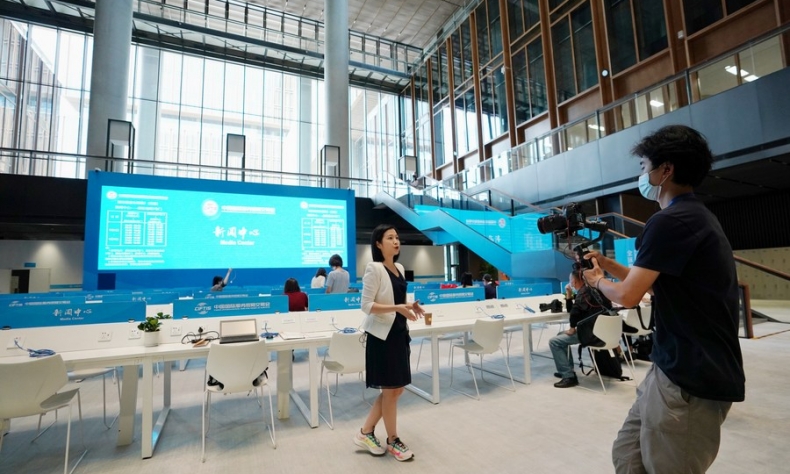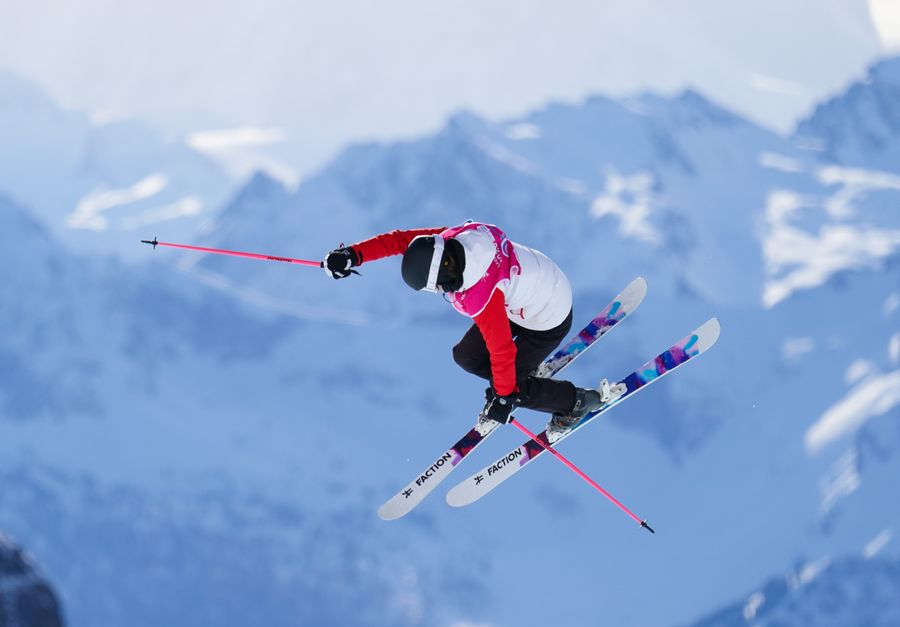Countering Online Stereotypes

The mission of reporters lies in the constant pursuit of truth. Reporting should contribute to the better mutual understanding among people, rather than incite animosity.
One hundred years ago, American journalist Walter Lippmann first popularized the term “stereotype” in his book Public Opinion, describing it as “the distorted picture or image in a person’s mind, not based on personal experience, but derived culturally.” Part of the reason stereotypes exist lies in geographical distance and cultural barriers, and can be gradually changed or eliminated with the deepening of communication.
In Western nations, particularly in the era of social media, the overall image of the Chinese has become even more polarized than before. They sometimes appear as hard-working, wise and peace-loving, and then may be depicted as rude aggressors. Sometimes they are portrayed as downtrodden under so-called “authoritarian oppression,” but can also be labeled as system defenders who support whatever their government decides. Which can portray the Chinese people with relative truth and objectivity? And why the negative stereotypes?
During the Olympic Winter Games Beijing 2022, a debate over who is representative of Chinese women went viral on social media. Gu Ailing, also known as Eileen Gu, captured two Olympic gold medals and one silver as well as raking over 40 endorsement deals with the likes of Cadillac and Victoria’s Secret, becoming a super idol for millions of Chinese teenagers.
At the same time, a high-profile case involving a woman who was a victim of human trafficking in Fengxian County, Jiangsu Province, received a similar amount of attention from Chinese netizens. China’s Internet was outraged by the local authorities’ indifference to the woman’s plight and demanded they intervene. The victim was eventually rescued and related criminal investigations got underway. Furthermore, the country is now improving its laws to protect women’s and children’s rights.

Nevertheless, most netizens agreed that neither of the two could represent Chinese women. The complexity of Chinese society lies in the fact that the country has a population of over 1.4 billion and that for a long period, it had one of the lowest per-capita GDPs across the globe. In just over 40 years, China has become the world’s second largest economy with per-capita GDP exceeding $10,000, joining the ranks of upper middle-income countries. However, the gap between rich and poor remains huge, and urban-rural differences in development levels are still enormous. There are hundreds of millions of urban middle-class consumers, but also a considerable number of low-income people.
This has led to a problem that is often understated: During China’s rapid development, many regions and citizens have been pushed into modernity without being prepared for it. With one foot in the past while living in the 21st century, many of those people still think in traditional terms. In areas with relatively underdeveloped education, especially within the older generation, the concept of citizenship in modern society is still unclear; in more affluent regions, many of the younger generation have received college education and have traveled around the world, which greatly broadens their horizons.
For these reasons, the current Chinese society is especially complex. No matter how one wishes to characterize the Chinese, whether as good or as difficult, one can always find a suitable example in this country.
Notably, neither the established Chinese nor Western media play their proper roles regarding the negative stereotypes about the Chinese.
Chinese media are mostly less adept at international communication and usually tend to pursue grand narratives. This will do little to help break the stereotypes held by Western audiences. Conversely, their Western counterparts have always preferred to be selective in their reports on China, often deepening those existing stereotypes.
The mission of reporters lies in the constant pursuit of truth. Reporting should contribute to the better mutual understanding among people, rather than incite animosity. It is precisely because of the complexity of China’s national conditions and the diversity of online discourses that both Chinese and Western media need to report on happenings in the country from a more objective approach and should not simply divide the facts into black and white.
 Facebook
Facebook
 Twitter
Twitter
 Linkedin
Linkedin
 Google +
Google +










